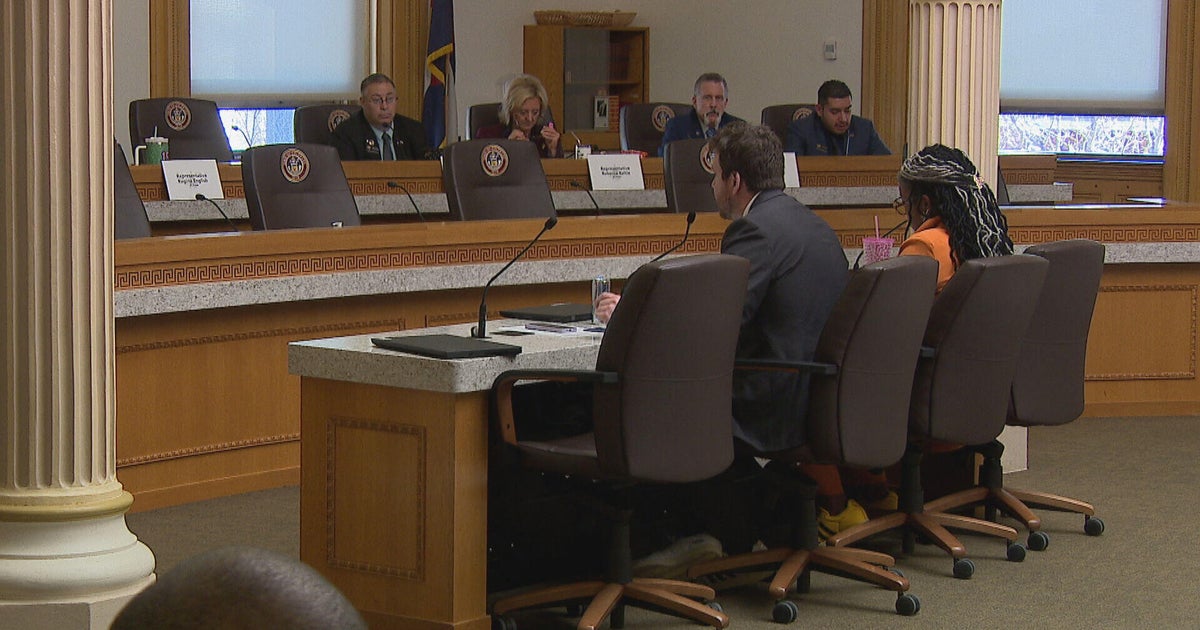Hamline Prof Authors Book On Legislative Dysfunction
ST. PAUL, Minn. (WCCO) -- Why is it, that some lawmakers repeatedly try to pass legislation despite all evidence saying it's destined to fail?
That is one of the questions Hamline University professor David Schultz explains in his new book "American Politics in the Age of Ignorance: Why Lawmakers Choose Belief Over Research."
"We have a lot of good, social science evidence, and a lot of experimentation over the years regarding what works and what doesn't work," Schultz said. "And what we see or don't see is legislators using that information when they make policy."
He offers a number of reasons why that's the case.
"Anywhere from the role of money in politics, to special interest, to ideology, to partisanship," he said. "Those are all sort of the broader structural problems."
He added that there are some cases where the legislator is so worried about being re-elected they turn a blind eye to what the facts are saying.
He uses the Minnesota Legislature to demonstrate his final point in the book. He said of the 201 legislators, 50 are new.
"And we're now asking them immediately to be responsible for putting together a budget for the state of Minnesota for the next two years," he said.
He said it's unfair of the new lawmakers to be expected to know what they are doing at the Capitol.
"Again, it's ideology and partisanship have become so entrenched that it becomes impossible to be able to forge compromise." Schultz said.
Schultz said in the United States, there are about 35 or 40 swing seats, and what that means is that about 90 percent of all congressional seats are firmly Democrat or firmly Republicans.
"So they have no room to compromise," he said.







